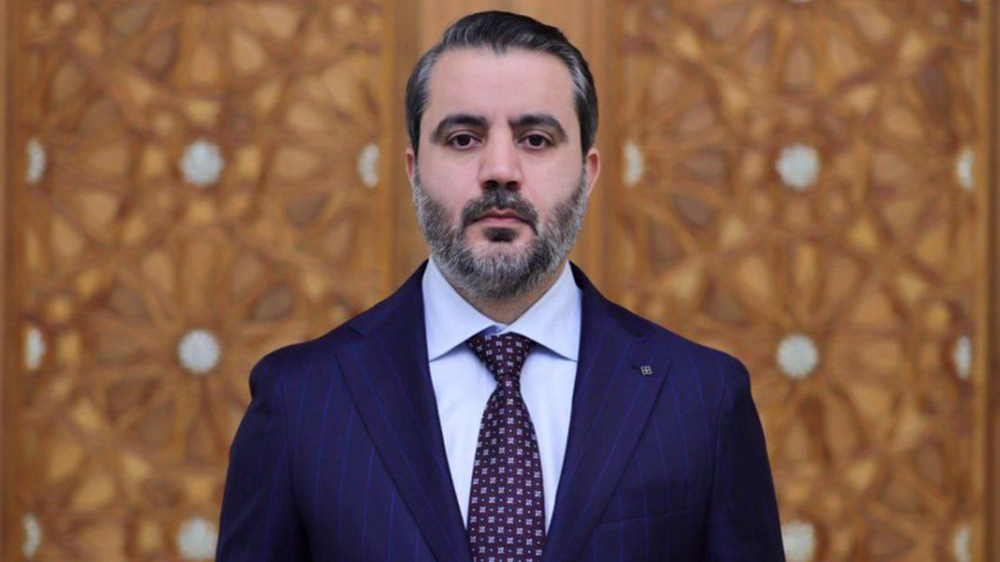Russia skeptical about UN human rights report on Syria’s Eastern Ghouta: FM Lavrov
Russia’s Foreign Minister Sergei Lavrov says he is “skeptical” about a United Nations report accusing the Syrian government of committing alleged crimes against humanity when its troops carried out a military operation in Eastern Ghouta earlier this year.
“We are in principle very skeptical towards the methods of this sort of work, whether it comes to war crimes or the use of chemical weapons,” the top Russian diplomat said at a joint press conference with UN Secretary General Antonio Guterres in Moscow on Thursday.
Lavrov’s comments came a day after the world body released a report alleging that forces loyal to the government in Damascus had “deliberately” starved civilians during the operation between February and April this year.
Lavrov further cast doubt on the validity and reliability of the UN report, saying the research committee behind the report had neither visited the area nor carried out any investigations on the ground, and had based their report on “data obtained through social networks” and “videos filmed by witnesses.”
He also said that they had “allegedly interviewed with 140 people,” adding that Moscow did not trust any information obtained through “such remote methods.”
Militants belonging to a number of factions had held the Eastern Ghouta, an enclave in the vicinity of the capital Damascus, since 2012 and had practically held hostage its inhabitants, some 400,000 people.
Syrian troops and allied fighters from popular defense groups managed to fully liberate the enclave from the clutches of militants in early April, after months of intense fighting with terror groups, which had used the area as a launch pad for deadly rocket attacks against residents and civilian infrastructure in the capital.
For his part, Guterres stressed the importance of joint efforts aimed at resolving the years-long crisis in the Arab country. He said that work was underway to create suitable conditions for settling the crisis in Syria, and that the world body was in close contact with Moscow to safeguard Syrian territories.
Russia has backed Syria’s fight against terror since late 2015 when its air force and troops arrived in the Arab country at an official request of Damascus to help the government fight against Daesh and other Takfiri militants.
Russia’s assistance has proved to be a major success as Syria has managed to liberate key areas over the past years, including the second largest city of Aleppo, by relying on Russia’s air cover and military advice.
‘All wars have rules. All of those rules have been broken’ by Israel
VIDEO | Report flags India’s violation of rights of Rohingya detainees
Turkey's foreign minister meets Syria's de facto leader in Damascus
'Next to impossible' to rescue patients from Gaza's Kamal Adwan Hospital: Director
VIDEO | Vietnam current prosperity
Report blames gasoil exports for shortage at Iranian power plants
VIDEO | Hind Rajab Foundation names Israeli war criminals vacationing after Gaza genocide
VIDEO | Australians rally for Gaza ahead of Christmas festivities














 This makes it easy to access the Press TV website
This makes it easy to access the Press TV website